Maycomb, Alabama. Twenty-six-year-old Jean Louise Finch--"Scout"--returns home from New York City to visit her aging father, Atticus. Set against the backdrop of the civil rights tensions and political turmoil that were transforming the South, Jean Louise's homecoming turns bittersweet when she learns disturbing truths about her close-knit family, the town and the people dearest to her. Memories from her childhood flood back, and her values and assumptions are thrown into doubt. Featuring many of the iconic characters from To Kill a Mockingbird, Go Set a Watchmanperfectly captures a young woman, and a world, in a painful yet necessary transition out of the illusions of the past--a journey that can be guided only by one's conscience.
Written in the mid-1950s, Go Set a Watchman imparts a fuller, richer understanding and appreciation of Harper Lee. Here is an unforgettable novel of wisdom, humanity, passion, humor and effortless precision--a profoundly affecting work of art that is both wonderfully evocative of another era and relevant to our own times. It not only confirms the enduring brilliance of To Kill a Mockingbird, but also serves as its essential companion, adding depth, context and new meaning to an American classic.
~~~~~~~~~~~~~~~~~~~~~~~~~~~~~~~
To Kill A Mockingbird is easily in my top five favorite books. I first read it in eighth grade, and it is a book that will forever be in my heart. I identified with the spunky Scout and Atticus is my literary hero. I love Harper Lee's descriptions and observations of small-town Southern life and its inhabitants, as well as the stories of Scout's childhood antics. For me, Atticus will forever be a prime example of all that is good and righteous. So when I heard that Harper Lee was releasing another book, and that it would involve some of my most beloved literary characters, to say I was excited is a gross understatement.
When I first began reading the book, I was horrified! I felt like Harper Lee had taken everything I had loved about TKAMB and stomped all over it, threw it in a shredder, and then burnt it to ash. I didn't think I would be able to make it all the way through the book, until I remembered what this book is NOT. Go Set A Watchman is NOT a sequel to To Kill A Mockingbird. In fact, it is an earlier draft of what would eventually become the story we know and love. The differences in the story help to separate the two novels. For example, what eventually becomes Tom's trial in TKAMB is only given a few short lines in this novel, and Atticus wins that trial. When I remembered this, it made it easier to separate this book from what I know and appreciate it for what it is.
Go Set A Watchman lacks a lot of the polish and life that TKAMB has. Its plot is underdeveloped and overly simplistic. In essence, the whole plot boils down to: Scout comes home, Scout sees Atticus doing something she doesn't like, Scout gets mad. The plot falls flat when compared to some of the other things going on around it. There are glimpses of what would become the heart and soul of TKAMB in this novel, especially when Lee describes the people of Maycomb, and Scout's retelling of childhood memories. These passages are full of life, humor, and are much more engaging than the main story line.
Many of the characters are also different and/or missing from this version of the story. Jem and Dill only appear in passing or in Scout's reminiscences. Boo Radley is missing completely. Atticus is so distinctly Southern and almost the polar opposite of what we know him to be. Scout is still strong willed and still makes for the perfect lens to view the story through. I think the differences in the characters, particularly Atticus, was the most jarring part of this book. It was hard to reconcile these versions with what I knew of the characters. If you are to read this book as a true sequel to
TKAMB, then the changes are most alarming. But the truth is, you can't compare them to the characters that they would become. They are simply early versions of what would evolve into the characters we know and love. They are certainly not without merit and there are glimpses of the personalities of the characters they would eventually become. You can see it in Jem's seemingly nonchalant way of watching over his sister, Scout's fire when dealing with her aunt, Atticus' love for his children, and Scout's relationship with Cal.
Go Set A Watchman is certainly not without it's own merit. The story does have some provocative ideas about identity and being your own "watchman," which is explored through the conflict between Atticus and Scout. I think Scout's disenchantment with Atticus over a difference in opinion is a fairly common part of growing up. Our thoughts and identities are all influenced by where we grow up, our families, religion, experience, and a multitude of other factors, and there inevitably comes a time when what we think about something will differ from what our parents think. That's part of being an independent person, and it can certainly cause conflict. Scout's way of thinking is certainly radical as compared to the thinking of her father and the society around her, but the lesson that I think Atticus tries to teach Scout is that it's okay to think for yourself. That ultimately we are all responsible for being our own conscious, or "watchman," and deciding for ourselves what is right and wrong, independent of the "collective conscious."
After reading this book, I can see why Lee's editor made the suggestions he/she did. It produced a better, life filled story. However, this version is not without its merits, and Lee's talent does shine through. If you go into this book reading it like a sequel, you will be disappointed. However, if you can separate it from TKAMB and appreciate it for what it is and what it is not, I think that you will get something out of it. I don't love this book the way I love TKAMB, but I'm not sorry that I read it either. It certainly doesn't change how I feel about TKAMB or its characters. Ultimately, I think Go Set A Watchman simply gave me a greater appreciation of Harper Lee's talent.

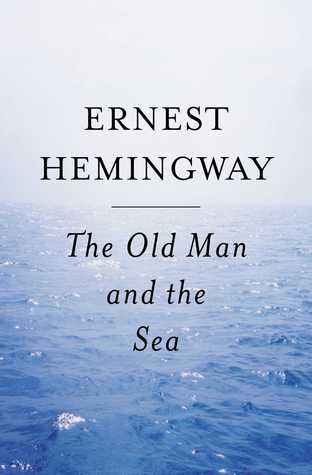


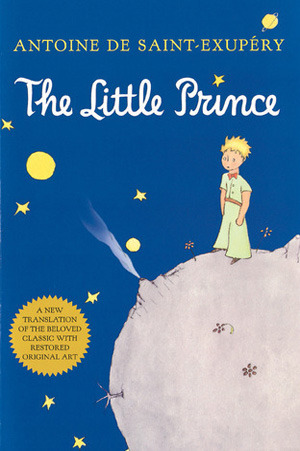

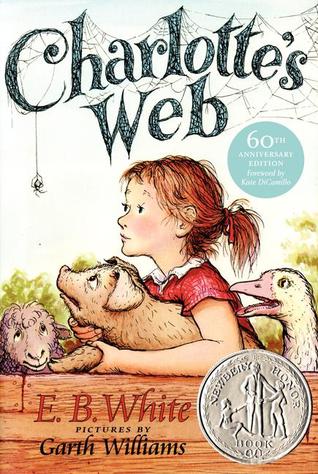
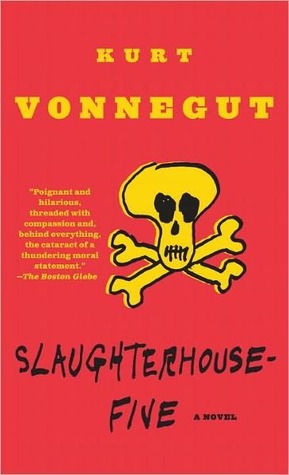
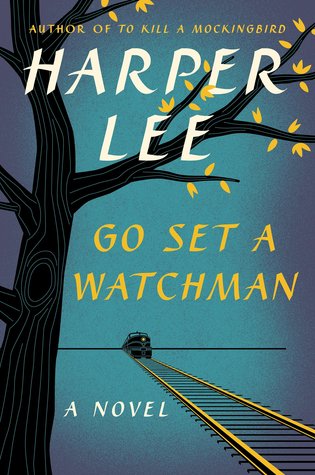











.jpg)

